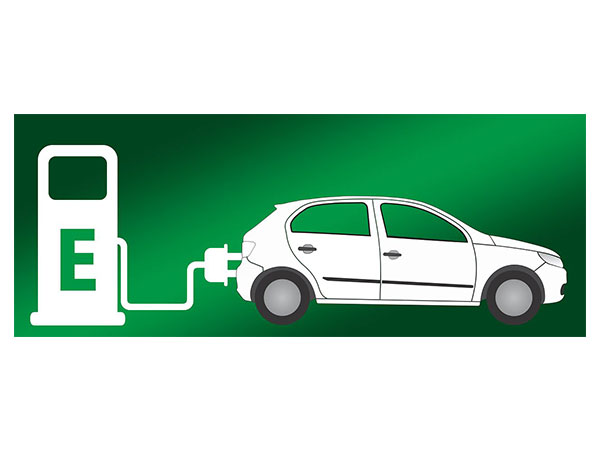India Gears Up to Revolutionize Auto Sector with EVs and Hybrids
India's auto sector is transitioning to cleaner energy solutions, integrating EVs, hybrids, and plug-in hybrids. A report by Elara Securities highlights the surge in the Indian EV market, future goals, and the pivotal role of technology and smart solutions in this shift.

- Country:
- India
India's automobile sector is set to undergo a significant transformation, with a shift not limited to electric vehicles (EVs) but inclusive of hybrids and plug-in hybrids, according to a report by Elara Securities. The report underscores that a blend of EVs, hybrids, and plug-in hybrids will be pivotal in driving the country's transition toward cleaner energy solutions.
The report notes substantial growth in the Indian EV market, with global EV sales hitting 14 million in 2023 and India seeing a 90 percent growth rate. By 2030, the Indian government targets 30 percent EV penetration, with key enablers such as expanded charging infrastructure, advanced battery management systems, and the introduction of new EV models playing critical roles. Gaurav Gupta, Chief Growth Officer at JSW MG Motor India, stated, "In the next 5-6 years, around 200,000 chargers will be needed, with 1 charger for every 50 vehicles. By CY30, connected car adoption is expected to reach 75-80 percent, and ADAS adoption should hit 45 percent, making BEV acquisition more attractive."
The report also highlights the emergence of software-defined vehicles (SDVs) as a key trend. These vehicles integrate electronics, software, and electrical architecture into a unified system, offering advanced features and services that can be monetized. This shift is pushing original equipment manufacturers (OEMs) to move from hardware-focused to software-driven operations. Bevin Jacob, Partner & Co-Founder of Automobility, emphasized this trend, noting that OEMs are leveraging smart solutions and providing connected services to consumers. "On-demand mobility services, powered by internet connectivity, electrification, autonomous driving, and mobility-as-a-service, represent a transformative development for the industry's future," he said.
The report concludes that India's automotive sector is poised for dramatic changes, driven by technological advancements, collaborative efforts, and a strong push toward sustainable mobility. The transition to clean energy will be multifaceted, with EVs, hybrids, and plug-in hybrids at the forefront, supported by a robust ecosystem of localized production and smart solutions.
(With inputs from agencies.)










